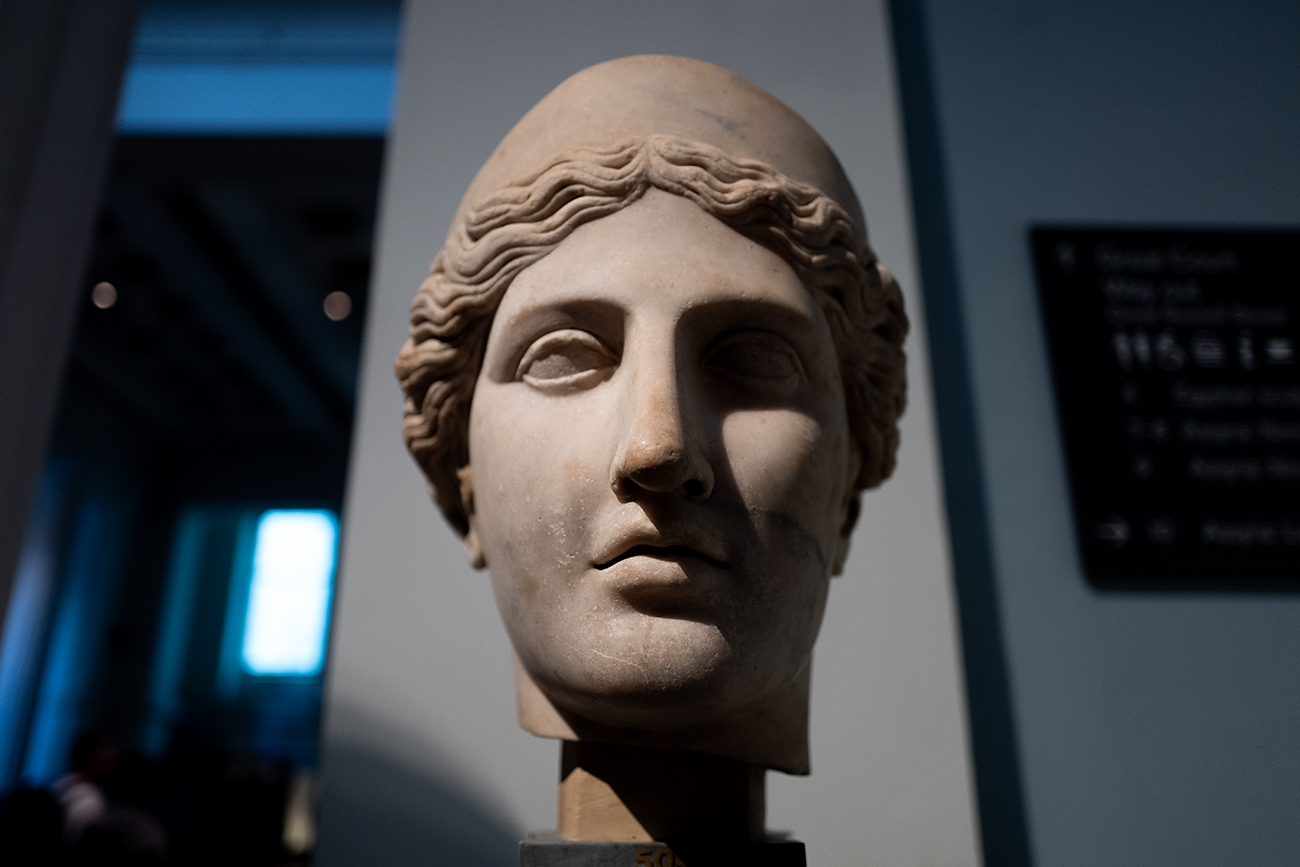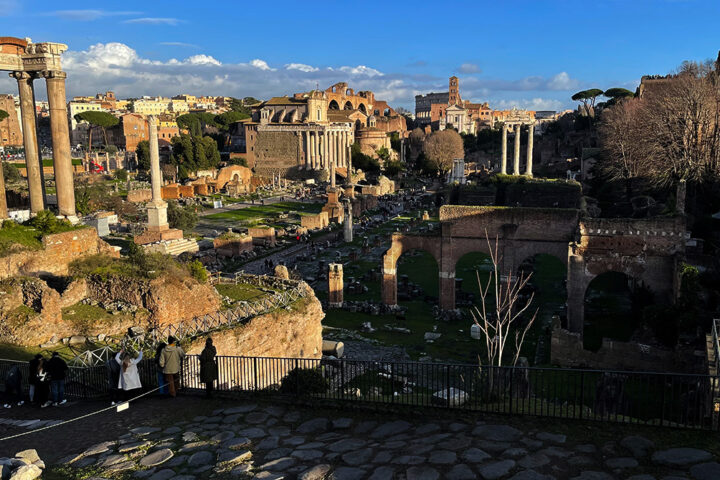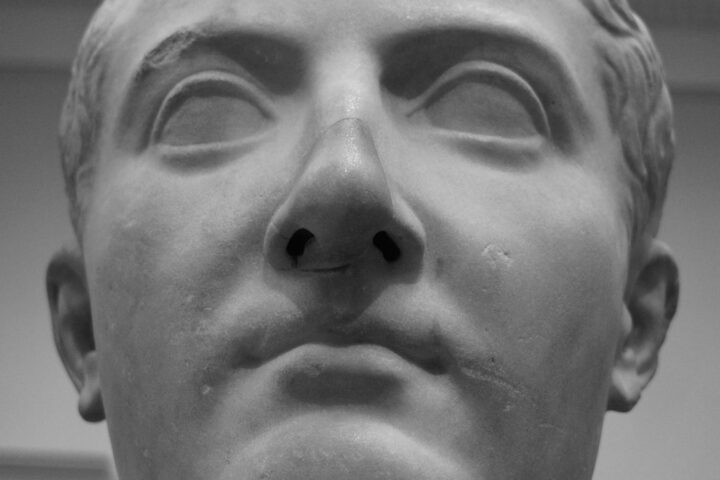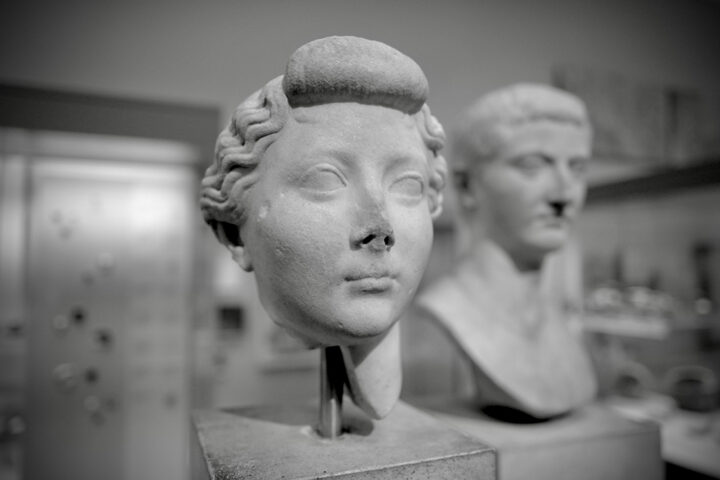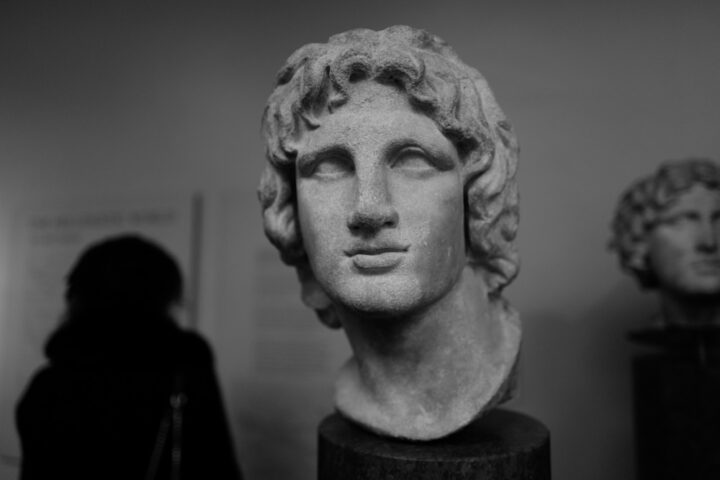In the captivating tapestry of Roman mythology, the pantheon of gods and goddesses stands as a testament to the rich heritage and intricate beliefs of ancient civilizations. Among the revered deities of Roman lore, the figure of Juno shines brightly as a symbol of power, protection, and femininity. Let us embark on a journey of discovery as we delve into the captivating persona of Juno, the formidable goddess who commanded respect and admiration in the ancient world.
Juno, also known as Juno Regina, was revered as the queen of the gods in Roman mythology, occupying a position of great importance alongside her divine consort, Jupiter. Often depicted as the protector of women, marriage, and childbirth, Juno embodied the virtues of strength, wisdom, and fertility. Her influence extended over various aspects of Roman life, making her a central figure in religious rituals, festivals, and civic ceremonies.
One of the most intriguing aspects of Juno’s character is her association with the peacock, a majestic bird renowned for its vibrant plumage and distinctive appearance. In Roman art and iconography, Juno is often depicted with a peacock by her side, symbolizing her regal nature and divine authority. The peacock’s iridescent feathers were believed to represent Juno’s watchful gaze and her ability to see past illusions and deceit.
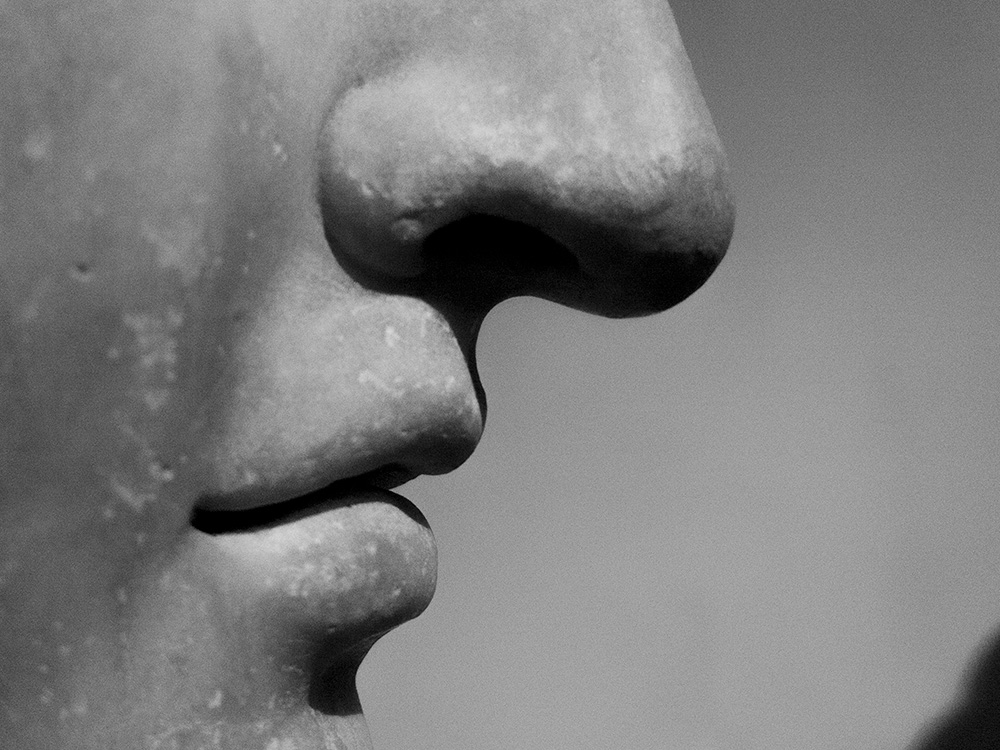
The sacred month of Juno, known as Junonius, was dedicated to honoring the goddess with lavish festivals, processions, and offerings. During this sacred time, worshippers paid tribute to Juno through prayers and rituals, seeking her blessings for prosperity, fertility, and protection. The festivities held in Juno’s honor served as a reminder of her enduring presence in the lives of the Roman people and the interconnectedness of the natural and divine realms.
In Roman art and literature, Juno was often portrayed as a formidable and dignified figure, exuding grace and authority in equal measure. Her depiction in sculptures, paintings, and myths captured the essence of her dual nature as a nurturing mother and a powerful warrior. Juno’s role as the protector of women and guardian of marriage made her a symbol of hope and resilience for those facing adversity and challenges in their lives.
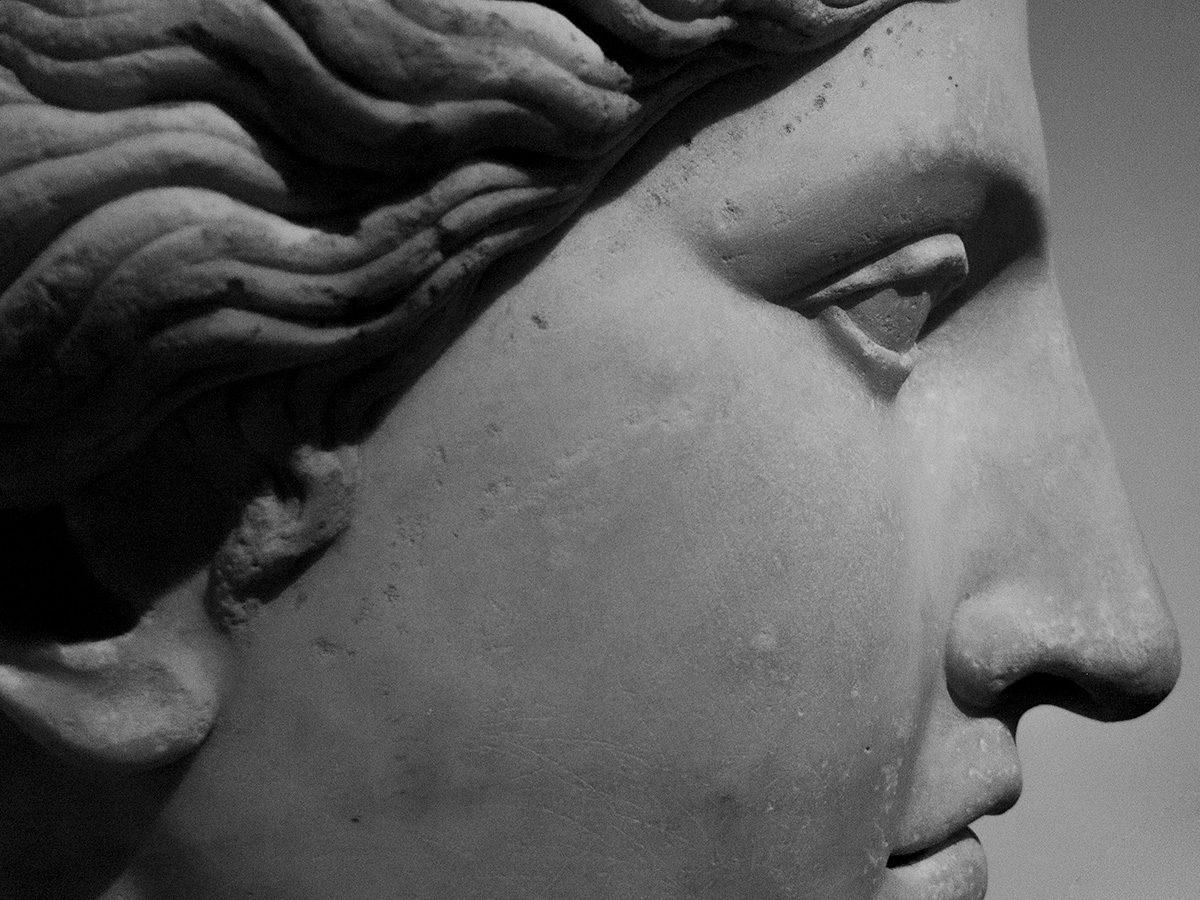
The mythology surrounding Juno is replete with captivating tales of love, jealousy, and redemption, showcasing the complexities of human emotions and relationships. From her legendary rivalry with Jupiter’s other consorts to her divine interventions in mortal affairs, Juno’s stories resonate with themes of loyalty, betrayal, and forgiveness. In her role as the goddess of marriage, Juno was believed to preside over the sacred bond between husband and wife, safeguarding the sanctity of the marital union against external threats and temptations.
To reflect on the enduring legacy of Juno in Roman mythology, one is reminded of the timeless allure and significance of ancient deities in shaping cultural beliefs and values. The reverence and devotion accorded to Juno by the Roman people reflect a profound appreciation for the divine forces that govern our lives and inspire us to strive for excellence, integrity, and compassion in all our endeavors.
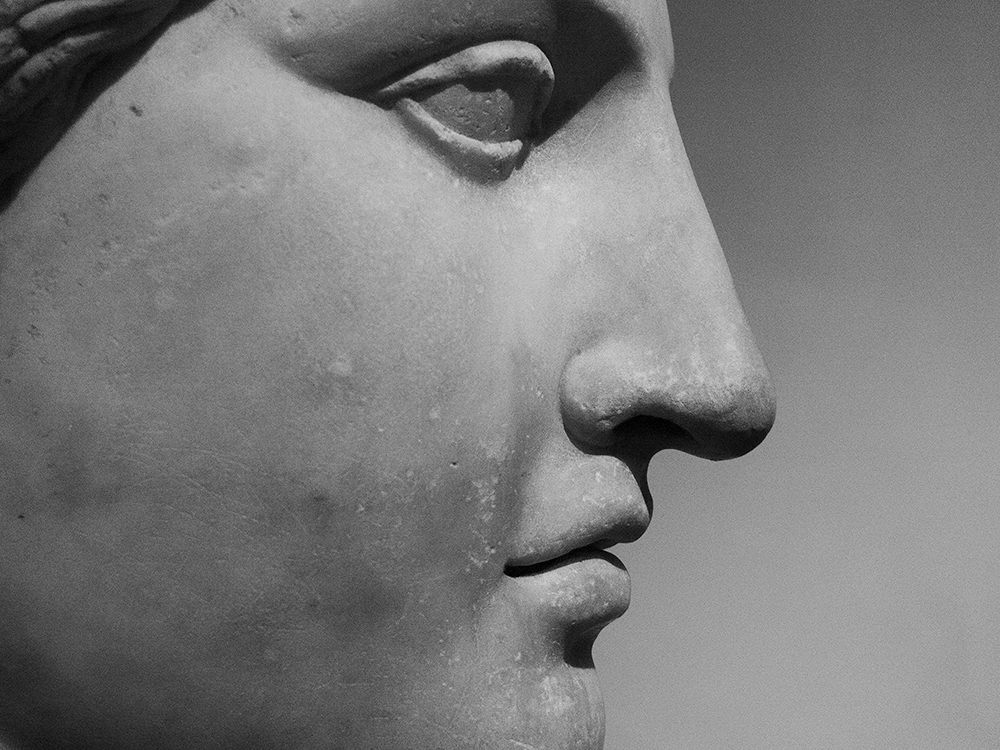
The enigmatic figure of Juno continues to captivate our imagination and inspire awe and admiration for her enduring legacy as a symbol of strength, wisdom, and protection. As we unravel the mysteries of Juno, we are reminded of the profound impact that mythology and storytelling have on our collective consciousness, offering us insights into the human experience and the eternal quest for meaning and purpose in a dynamic and ever-changing world.


